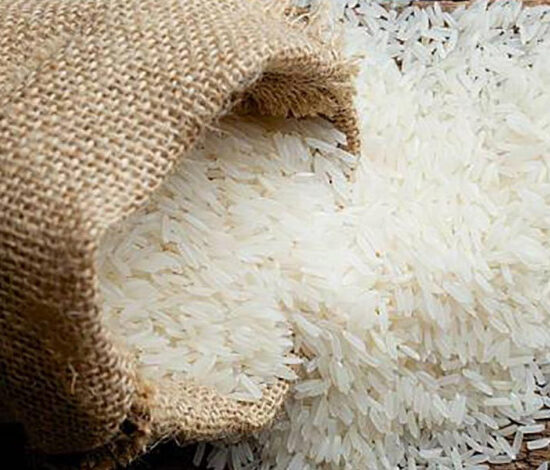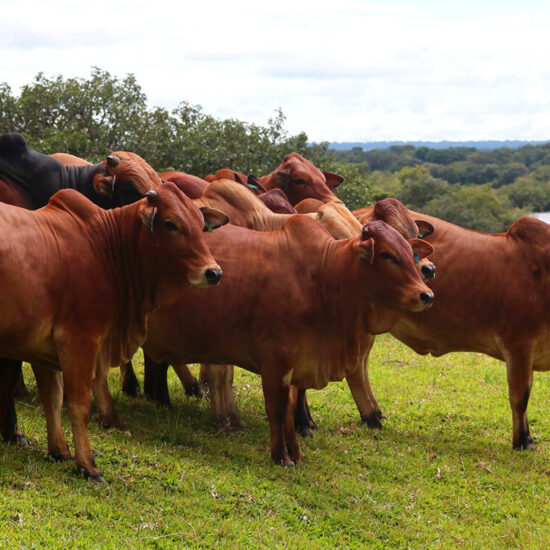
Musika has signed a Memorandum of Understanding – MOU with Kemiko ltd, a small to Medium size Enterprise – SME that operates a starch and cassava flour processing plant, to help increase its processing capacity and provide a secure and ready market to about 1,000 smallholder cassava growers in Northern and Luapula province.
Kemiko has anticipated to buy over 360 tonnes of cassava from farmers in both Northern and Luapula provinces and the buying exercise is scheduled to commence by end of May 2020.
The partnership is part of ongoing efforts by Musika to promote the commercialization of cassava and its by-products by facilitating a guaranteed market for the crop, which in turn is expected to stimulate increased production and increase incomes at farmer level.
Musika Head of Corporate Affairs Pamela Hamasaka has disclosed to the Zambian Business Times – ZBT in an exclusive interview that Musika will finance the procurement of a cassava dryers which will enable Kemiko Limited to purchase fresh cassava tubers in addition to the dried cassava chips already being supplied by farmers, thereby providing a consistent market for both fresh and dried cassava all year round.
Pamela added that Musika has also provided logistical support through a motorbike to enable Kemiko Limited to establish a cassava outgrower improvement program meant to train and provide extension support to farmers.
“Though Cassava can be harvested all year round, trade is highly seasonal because farmers and processors are in most cases primarily dependent on sun drying. This has resulted in a situation where farmers have little or no market for fresh cassava especially during the wet months, leaving them with no option but to leave it in the ground until the next opportunity to sell or when it can be consumed at household level,” She explained.
As a result of Musika’s intervention, Kemiko anticipates an increase in their processing capacity per month by almost 80% as the amount of dry cassava chips delivered by smallholder farmers is expected to increase from the current 40 metric tons per month to 200 metric tons of fresh cassava tubers per month.
In a separate exclusive interview Kemiko ltd Marketing Manager Kanneth Kalezu said the partnership with Musika is aimed at providing farmers with technical and financial support and increasing their knowledge on the requirements of the market in terms of preferred cassava varieties.
When asked how much the company has invested into the buying of cassava, Kalezu could not disclosed its cost on confidential grounds. Meanwhile, he explained that once the cassava is bought, it is processed into cassava meal and cassava sunflower then later sold on a retail market.
He said some of its top buyers include the mining sector, breweries, supermarkets, pharmaceuticals, bakeries for meal and flours and the retail sectors.
Kalezu has also hoped that cassava production for the year 2020 will increase compared to previous years as the company recently built its warehouse to provide farmers with best ways of drying cassava.
Cassava has been grown traditionally in Zambia and has multiple industrial uses. It’s commercial exploitation has been limited but this is destined to change as the demand for cassava flour for industrial uses is projected to continue increasing due to its high starch content.







